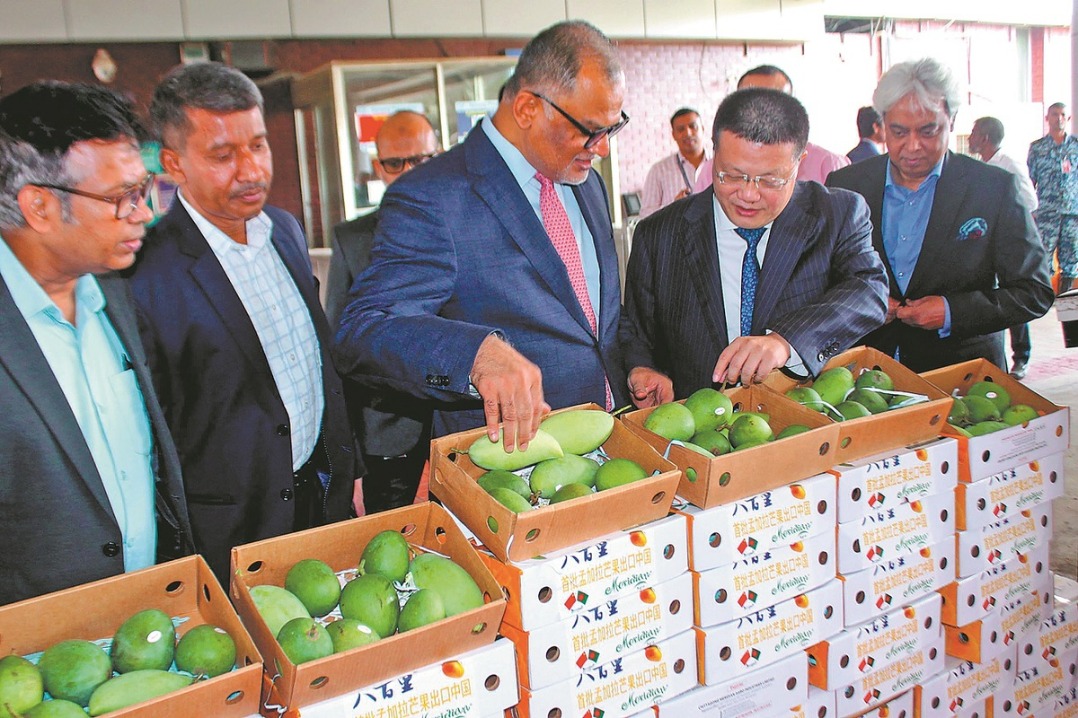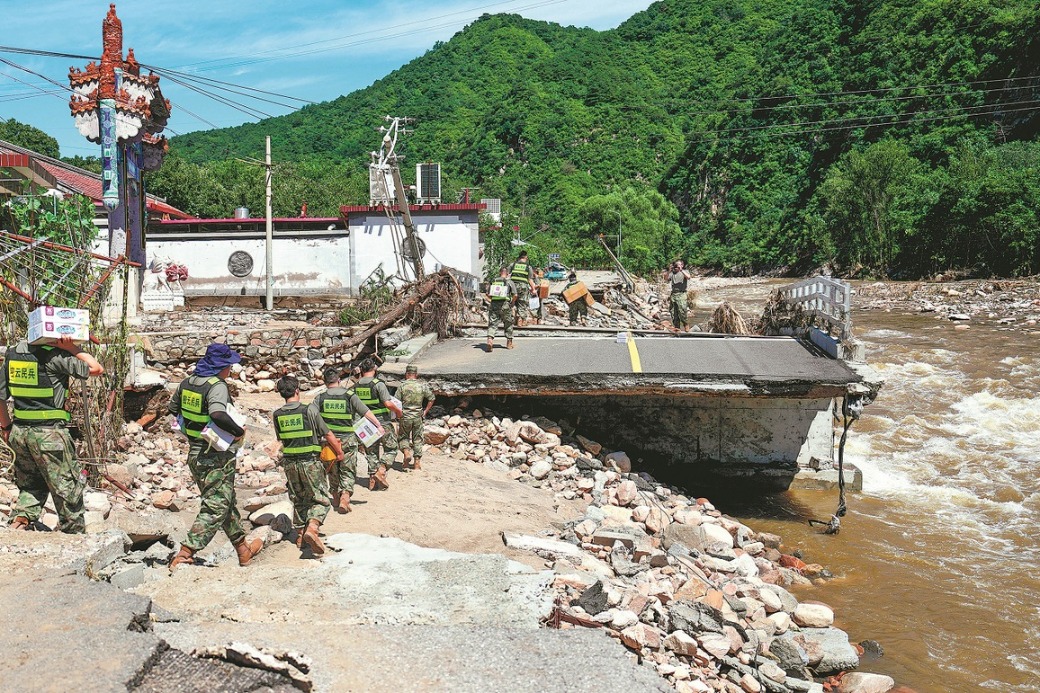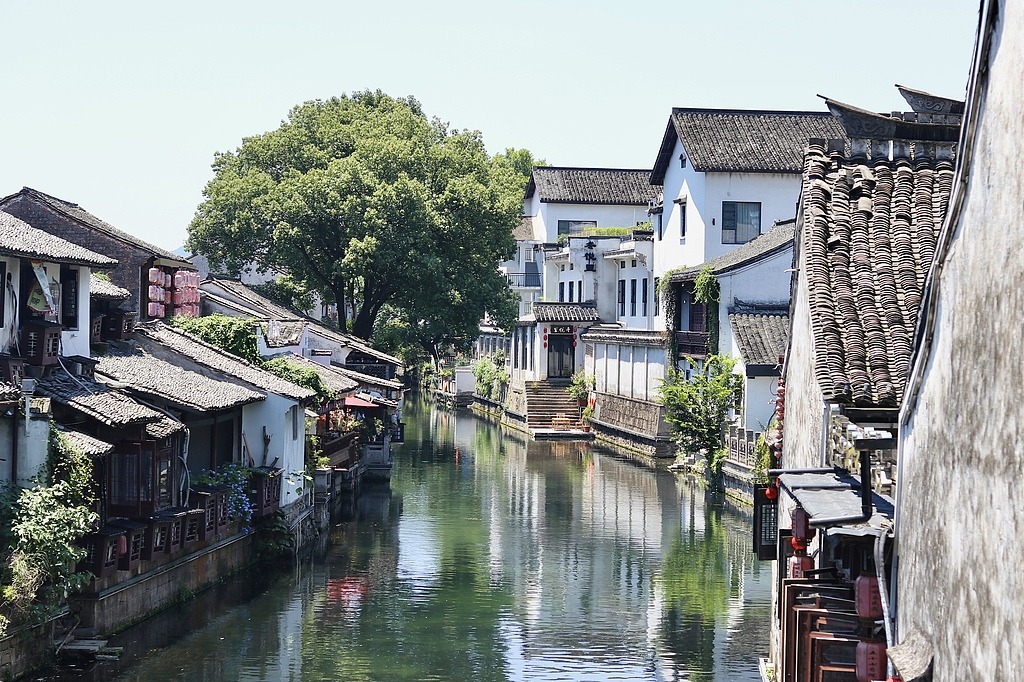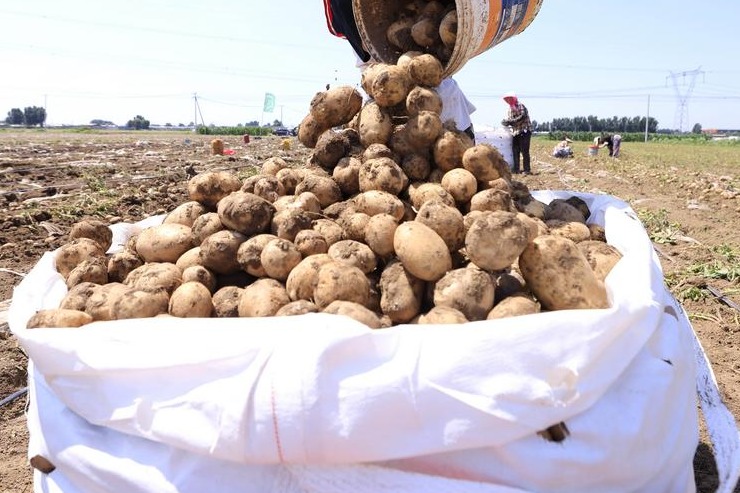Thailand looks to China for tourism revival
Hopes pinned on first of charter flights from top market as nation opens warily

Thailand hopes visitors from China will help kick-start a battered tourism sector that has been decimated by travel bans due to the COVID-19 pandemic.
The immediate reason for a revival of optimism in the Thai tourism sector is a special charter flight that will fly 150 Chinese tourists from Guangzhou to the Thai resort island of Phuket as soon as the last week of October. The flight had originally been scheduled for Oct 8.
They will be the first foreign tourists allowed into Thailand on special tourist visas under a conditional entry scheme for selected groups of foreigners endorsed by the government.
Thailand's Tourism and Sports Minister Pipat Ratchakitprakarn said on Oct 7 the tourists would fly directly to Phuket on a chartered AirAsia flight. Later, Thailand's National Security Council Secretary-General Natthaphon Nakpanit confirmed that tourists would only arrive in Phuket after the annual vegetarian festival from Oct 17 to 25.
Phuket Governor Narong Woonciew also made an abrupt announcement on social media that he had decided to delay the arrival of tourists out of concern that residents may fear going outdoors to celebrate the festival with the presence of foreign tourists.
The tourism minister said another group of 126 Chinese tourists, also from Guangdong province, will fly into Bangkok's Suvarnabhumi International Airport on a chartered Thai Smile flight. This will be followed by flights with tourists from Europe.
Thailand's tourism industry has recorded exponential growth in recent years, largely due to the influx of tourists from the Chinese mainland. But the pandemic has decimated tourism not only in Thailand but globally.
Michael Langham, senior Asia country risk analyst for Fitch Solutions, said Thailand's economy is highly dependent on tourism.
He said that tourist receipts account for around 13 percent of gross domestic product and combined tourism and travel accounted for around 22 percent of GDP last year.
"Of this, Chinese tourists are by far the most significant for Thailand, accounting for 27.6 percent of arrivals and 28.1 percent of tourist receipts," he said.
However, the knock-on effects to broader domestic demand, investment activity and government finances will amplify the overall impact of tourism, he said.
Sandra Seno-Alday, a lecturer at the University of Sydney Business School, said that before the COVID-19 pandemic, Thailand had a large and successful tourism sector.
"The pandemic and subsequent travel restrictions devastated the sector. The Thai government's response to the pandemic, however, has been robust and widely praised," Seno-Alday said.
Rajiv Biswas, Asia-Pacific chief economist for global consultancy IHS Markit, said the pandemic has "become an extreme Black Swan event for the Asia-Pacific tourism industry, with international travel across the region having collapsed due to travel bans on foreign tourist arrivals by most Asia-Pacific governments, including in Thailand".
Underlying uncertainties
The term "black swan" was coined by former Wall Street trader Nassim Nicholas Taleb as a metaphor for an unexpected event with potentially severe consequences.
"Considerable uncertainties about the future duration and potential new waves of the COVID-19 epidemic continue to cloud the near-term outlook for the Asia-Pacific tourism and travel industry," Biswas said.
Langham said Thailand's economy is likely to struggle to recover quickly, particularly given delays in the resumption of global tourism.
He said Thai authorities are keen to diversify the economy, but such reforms and investment will take time and given the political unrest in the country, policymakers may face increasing pressure.
Thailand has kept coronavirus infections low with just 3,559 cases and 59 deaths, but the nation's economy has taken a hit from a ban on foreign visitors since April. The travelers now permitted to enter Thailand will be from countries deemed low risk by the government.
"We are not opening the country, we are limiting the number of entries and will manage with wrist bands, apps (to track the tourists)," Prime Minister Prayuth Chanocha told journalists at a media briefing last month.
The government predicts just 6.7 million foreign visitors this year after a record 39.8 million in 2019.
Visitors to Thailand need health insurance and must produce a certificate for a negative coronavirus test done 72 hours before traveling to the country, and they will be tested twice while in quarantine for 14 days.
Xinhua and Yang Han in Hong Kong contributed to this story.
Today's Top News
- China sees growth in number of tourist trips and spending in the first half
- Xi, Nepalese president exchange congratulations on 70th anniversary of ties
- Relief efforts intensified as rain death toll mounts
- Cultural insight helps chart path to urbanization
- People's war principle drives PLA development
- SCO summit poised for fruitful outcomes






























